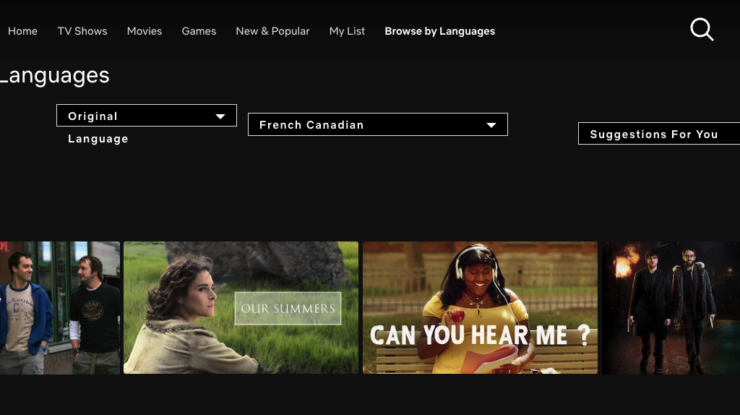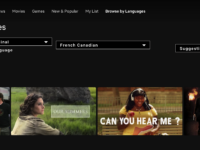The government’s inclusion of warrantless information demand powers in Bill C-2 may make this the most dangerous lawful access proposal yet, exceeding even the 2010 bill led by Conservative Public Safety Minister Vic Toews. The initial concern regarding the bill’s warrantless disclosure demand unsurprisingly focused on whether the proposal was consistent with Supreme Court of Canada jurisprudence upholding the reasonable expectation of privacy in basic subscriber information (there is a strong argument it is not). The application of this new power was generally framed as a matter for telecom and Internet companies, given that companies such as Bell, Rogers, and Telus are typically the focal point for law enforcement seeking information on subscriber activity. However, it has become increasingly apparent that this is an overly restrictive reading of the provision. The Bill C-2 information demand power doesn’t just target telecom providers. It targets everyone who provides services with the prospect of near limitless targets for warrantless disclosure demands.
Latest Posts
Government Seeks To Exempt Political Parties From Privacy Laws Even As CRTC Reports They Are Leading Source of Spam Complaints
I have previously written about Bill C-4, legislation framed as an affordability measures bill, but which also exempts political parties from the application of privacy protections on a retroactive basis dating back to 2000. The provisions give political parties virtually unlimited power to collect, use and disclose personal information with no ability for privacy commissioners to address violations. Minister François Philippe Champagne has avoided mentioning the privacy provisions when discussing the bill and not a single Liberal MP has discussed it during House of Commons debates.
The Law Bytes Podcast, Episode 236: Robert Diab on the Return of Lawful Access
Lawful access is back. Bill C-2, the government’s border bill, includes a new information demand power that would result in warrantless disclosure of information about a subscriber, a new international production order, and requirements for providers to assist law enforcement in working with their networks.
There will no doubt be multiple podcast episodes devoted to this bill in the coming months. To get started, Robert Diab, a law professor at Thompson Rivers University and the co-author of a recent text on Search and Seizure joins the Law Bytes podcast to discuss the historical context of lawful access and the key provisions in this bill.
Government Remains Silent as it Eviscerates Political Party Privacy in Canada By Fast Tracking Bill C-4
The government is moving to eviscerate political party privacy in Canada as it fast tracks Bill C-4, proposed legislation framed as implementing affordability measures, but which also exempts political parties from the application of privacy protections on a retroactive basis dating back to 2000. The government moved to end second reading debate yesterday without a single Liberal MP speaking to the privacy provisions in the bill and is seeking to fast track hearings in the Senate so that it can be passed before Canada Day. The provisions give political parties virtually unlimited power to collect, use and disclose personal information with no ability for privacy commissioners to address violations. The bill drops earlier proposed requirements to disclose security breaches and restrict selling Canadians’ information and it blocks the application of provincial privacy laws. The bill’s provisions set a privacy standard for political parties (effectively limited to merely disclosing their privacy practices) that would be unthinkable for the private sector and establishes an unprecedented back-to-the-future approach of wiping out any potential accountability dating back decades.
Quebec’s Streaming Regulation Bill 109: Unconstitutional, Unnecessary, and Unworkable
The federal government’s plans to regulate internet streaming services such as Netflix and Spotify through the Online Streaming Act have been mired in regulatory battles and court cases for many months. My Globe and Mail op-ed notes that the government’s plans finally took a small step forward last month, as Canada’s broadcast regulator, the Canadian Radio-television and Telecommunications Commission, completed weeks of hearings into what counts as Canadian content, or “Cancon.”
Yet in the midst of the latest hearings, the Quebec government threw a monkey wrench into the entire process. Not content to wait for the CRTC process to play out, the provincial government introduced its own streaming regulation bill that is likely to spark a constitutional challenge. Quebec’s Bill 109 contemplates government intervention into how content is presented to subscribers, and would introduce unprecedented quota requirements that could lead to blocked services in Quebec or the removal of thousands of non-French titles from content libraries.

























